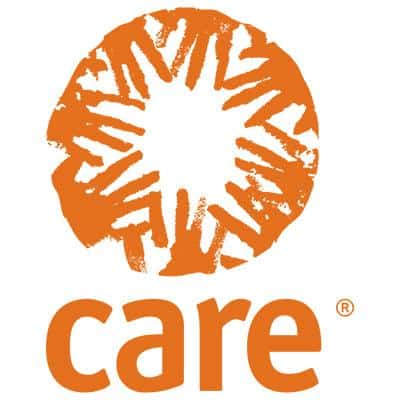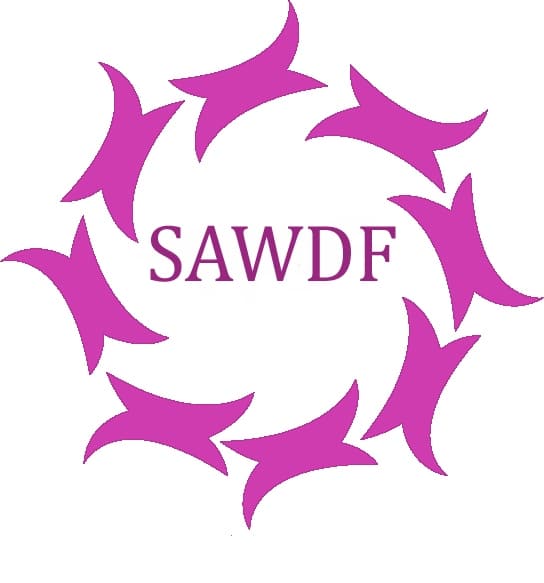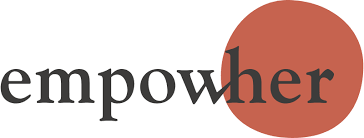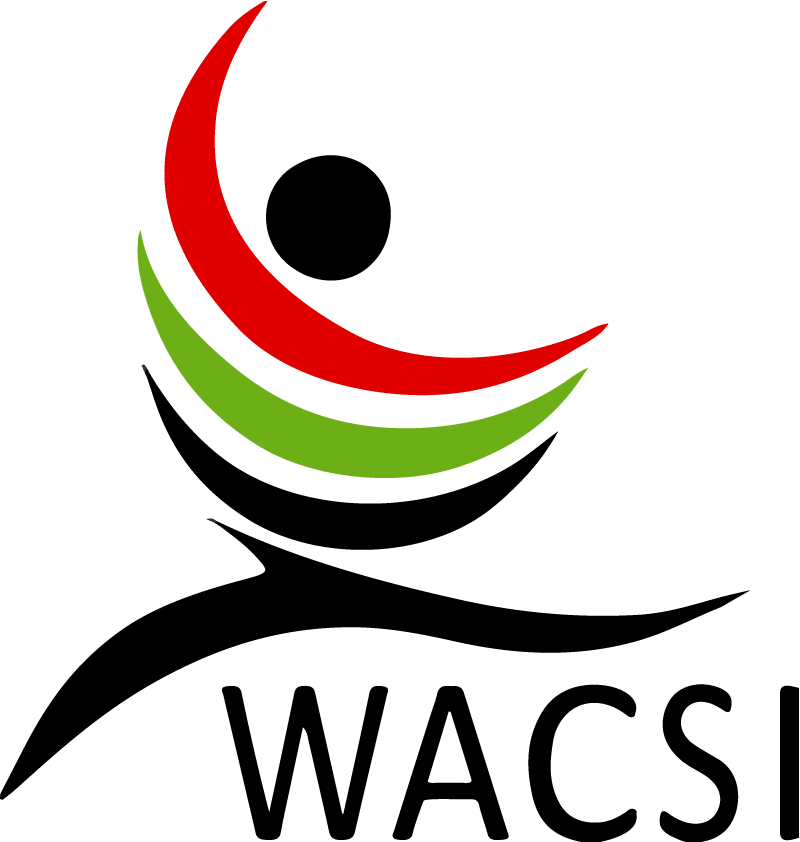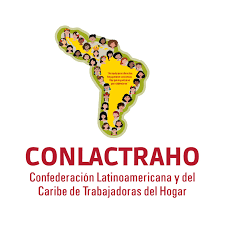Fame : amplifying the voice and strengthening the capacity for action of feminist organisations
In 2024, Geres is launching a 4-year project to support the economic empowerment of women and LGBTQIA+* communities, alongside two French-based INGOs (International Non Governmental Organisations) and three CSO (Civil Society Organisations) networks in West Africa, Latin America & the Caribbean and South Asia. The project is financed by the Fonds de Soutien aux Organisations Féministes (Support Fund for Feminists Organisations), co-sponsored by the French Development Agency and the French Ministry for Europe and Foreign Affairs. Marked by the creation of an unprecedented consortium led by Geres, this large-scale project is working towards a feminist and sustainable economy.
FAME ! I’m gonna lead forever !
The project in brief
A consortium of international NGOs and regional networks of CSOs has been set up to take action in support of women and LGTBQIA+ communities, who are heavily discriminated against and denied access to their rights.
The watchword: fight against normative, social and legal barriers, and therefore against the patriarchal model. The aim is to restore to women their full potential to become and remain inspiring and respected economic leaders, in an economy that respects the environment.
The FAME project, which stands for Feminisms: Action and Mobilisation for an Inclusive Economy, spans 3 continents, North & West Africa, South Asia and Latin America & the Caribbean, and involves more specifically 10 countries: Benin, Togo, Guinea, Morocco, Bangladesh, Sri-Lanka, Pakistan, Ecuador, Bolivia and the Dominican Republic.
This unique project is based on the invaluable knowledge of feminist CSOs involved in the ecological and inclusive transition, and their networks, in order to support them financially and technically. It therefore begins with a literature review and an extensive survey to identify recurring needs in line with our expertise and the ambition we are seeking.
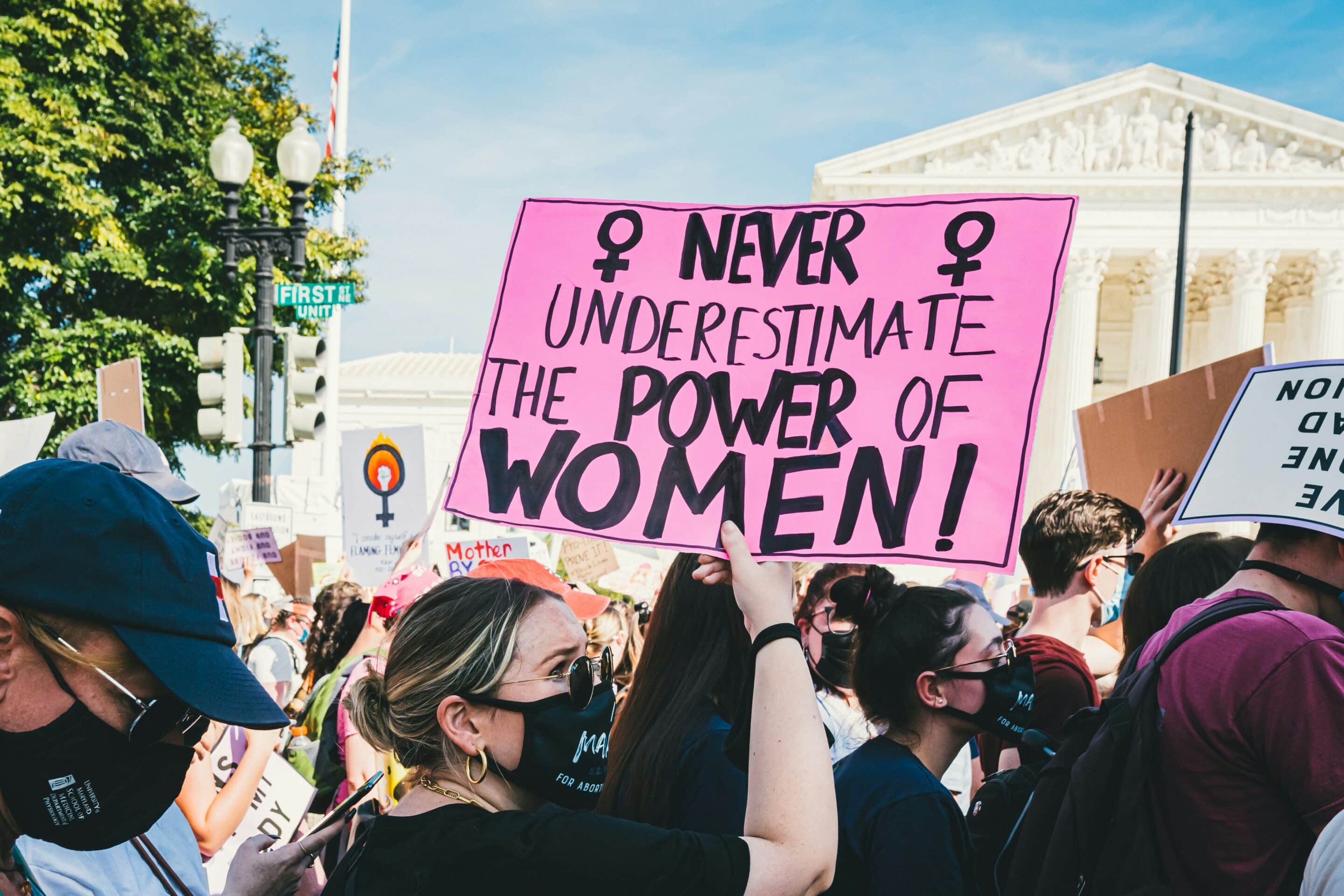
ON EVERY CONTINENT, WOMEN AND LGBTQIA+* COMMUNITIES FACE VIOLENCE AND ECONOMIC DEPENDENCE
Context
Everywhere in the world, women and LGBTQIA+ communities suffer from discrimination and obstacles to access to equal rights: patriarchal social norms, unequal legal frameworks, etc. This discrimination reinforces the circles of vulnerability and inequality and entrenches their economic insecurity.
Women and LGBTQIA+ people suffer discrimination, exclusion, stigmatisation, violence and harassment solely based on their sexual orientation, gender identity or sexual characteristics, real or imagined. This daily violence knows no boundaries: it can be family, personal, professional or even geographical. But it impacts the daily lives of the people targeted, and works against their emancipation, both financially and personally.
It is a fact that people affiliated to the LGBTQIA+ community do not enjoy equal rights. There are still 64 countries in the world that criminalise and penalise consensual same-sex relationships, and many other countries do not allow same-sex couples to be legally recognised. These provisions prevent them from enjoying equal rights, particularly in terms of social benefits, employment and social security. This leads to situations of exclusion, precariousness and economic dependence.
According to the Observatoire national de la pauvreté et de l’exclusion sociale (ONPES), 70 % of the 3,7 million people considered to be working poor are women.
*LGBTQIA+: lesbian, gay, bisexual, trans, queer, intersex, asexual and other terms designating gender and sexuality.
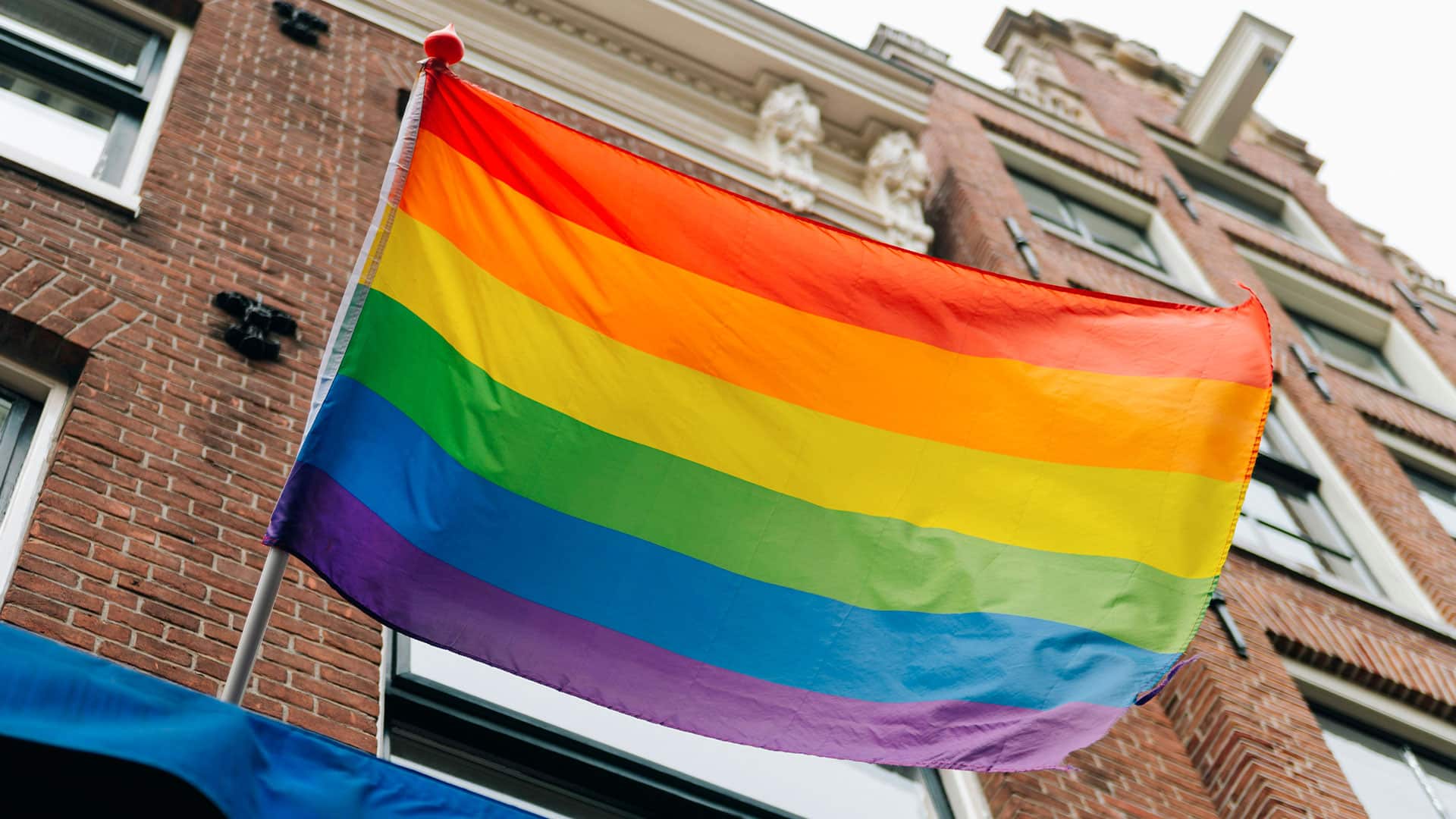
COMBATING DISCRIMINATION AND PROMOTING EQUAL OPPORTUNITIES AND AN INCLUSIVE ECONOMY
Issues
How can we make a difference? How can we effectively and sustainably support the economic empowerment of women and LGBTQIA+ communities? What levers can be put in place to promote equality, particularly in terms of access to and retention in employment? How to transform gender-based social relations in a sustainable way?
The [very many] feminist CSOs address the constraints on the full participation of women and LGBTQIA+ communities in the economy from a variety of angles: access to basic prerequisites, in particular education; access to productive resources; promotion of the rights and equality of women and LGBTQIA+ communities. Due to their small size and the fact that they are sometimes not formalised, the majority of these CSOs cannot meet the compliance requirements set by donors.
As a result, most local CSOs have neither the technical know-how nor the human and financial resources to meet the requirements inherent in the existing funding mechanisms. Organisations run by women and LGBTQIA+ communities are forced to deal with a socio-cultural and political environment that is unfavourable to their development. Some cannot operate openly for security reasons. Their staff and representatives are exposed to a double burden, taking on the majority of unpaid domestic work in addition to their professional activities. They may also be stigmatised if they are absent from their homes or communities for professional reasons for any length of time, which limits their participation in meetings and dialogue, essential to ensure the continuity of their commitment and enable their voices to be heard on a wider scale.
With the FAME project, our consortium aims to contribute to the emergence of a feminist and ecological economy made possible by (i) inclusive access to education, vocational training, labour market, resources and assets, as well as (ii) decent working conditions that respect labour law and the prevention and management of gender-based violence. Providing financial and technical support to feminist CSOs working for the economic empowerment of women and LGBTQIA+ people, the aim is to stimulate the structuring of a dynamic and influential system conducive to an inclusive economic and ecological transition.
In North and West Africa, CSOs will be supported in promoting women’s entrepreneurship (literacy, leadership, positive masculinities), improving living/working conditions and promoting gender-transformative policies, particularly around access to education and non-stereotyped vocational training. Given Geres’ mandates and its core business, the economic participation of women in energy sectors as agents of change and access to dignified work for LGBTQIA+ people will be particularly supported.
In South Asia, CSOs representing self-employed women and women working in the textile sector will be strengthening their capacity for action and advocacy to improve working conditions, eradicate gender-based violence and ensure equal access to economic resources.
In Latin America & the Caribbean, one emphasis will be on training political leadership to position regulatory frameworks guaranteeing the exercise of labour rights and decent work.
The project aims to work towards fairer economic sectors and societies that are inclusive and free from gender-based violence. The economic models promoted will be feminist and sustainable thanks to the mobilisation of stakeholders, encouraged by awareness-raising, advocacy and communication activities.
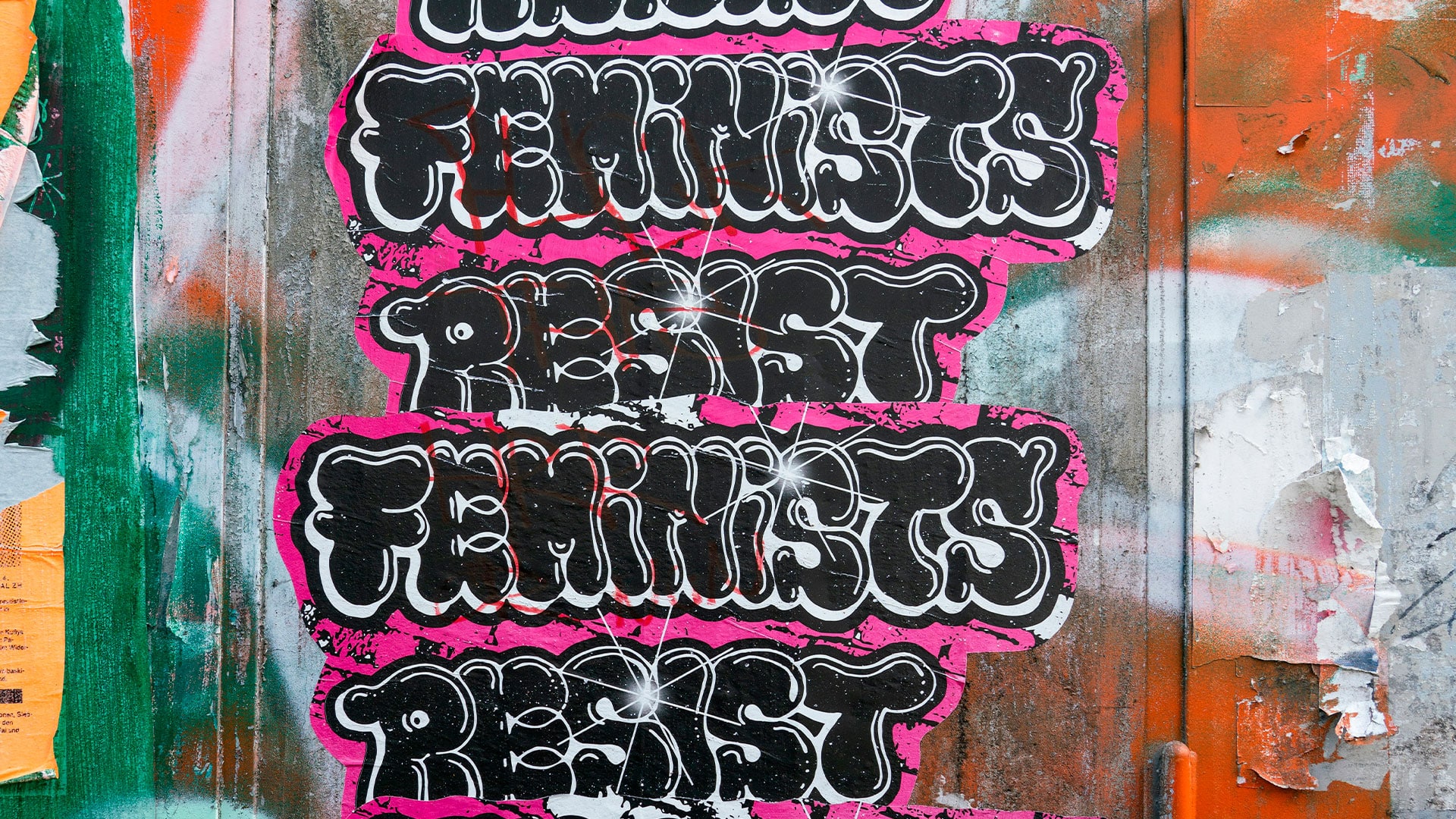
A LARGE-SCALE INTERNATIONAL PROJECT
The project in details
The first phase of the project will involve identifying relevant CSOs and projects to define the steps to be taken to bring about change at regional level. This identification phase will facilitate the setting of streamlined and flexible procedures, disseminated via restricted calls for expressions of interest, in order to facilitate access to funding for local feminist CSOs working for economic empowerment. This will enable them to consolidate their actions, strengthen their capacities and develop their structures in order to encourage the emergence of new dynamics.
In particular, their capacities will be strengthened through access to training and structural support (financial management, support for the development of strategic plans and viable economic models, support for the definition of advocacy messages, etc.) to facilitate the economic emancipation of women and LGBTQIA+ communities supported via formal CSOs or informal groups.
The collective action and knowledge acquired through these experiences will be shared widely to enable access to information for poorly-subsidised CSOs and their networking with a view to developing strategic and sustainable partnerships on the ground.
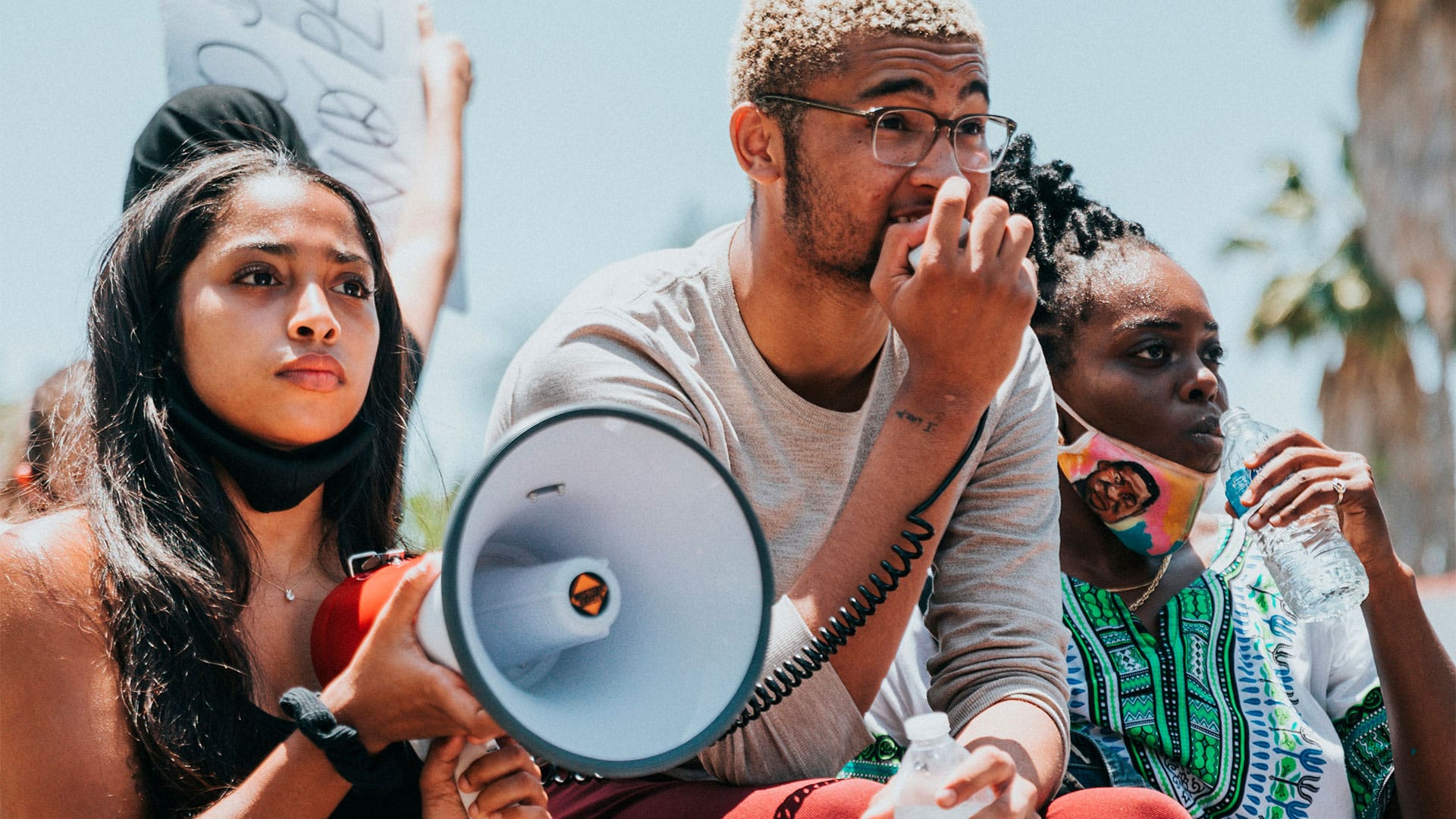
STRENGTHENING THE CAPACITY OF WOMEN, LGBTQIA+ PEOPLE AND FEMINIST ASSOCIATIONS
Beneficiaries
Through our project, and the financial aid that will be allocated, we aim to support initiatives led by :
- Women with less access to the labour market or exposed to low-quality jobs (family work, part-time work, informal sector, lower pay) in a situation of economic and social dependence, which makes them particularly vulnerable to poverty, insecurity and violence.
- LGBTQIA+ communities facing the same difficulties and violence, particularly in the workplace.
- The network of feminist CSOs working in the field
TECHNICAL PARTNERS
- CARE France, a member of the CARE International network: a CSO that fights against extreme poverty and defends access to fundamental rights. To achieve this objective, CARE adopts an approach centered on women and girls in all its actions.
- South Asian Women Development Forum (SAWDF) promotes women’s entrepreneurship in South Asia. Its head office in Nepal coordinates a network of 11 national federations, chambers of commerce and institutions of women entrepreneurs.
- Empow’Her Global (EH), an international organisation working for the social and economic empowerment of women.
- West Africa Civil Society Institute (WACSI), a West African regional organisation based in Ghana, aims to strengthen the institutional and operational capacities of civil society in the region.
- Confederación Latinoamericana y del Caribe de Trabajadoras del Hogar (Conlactraho) brings together 30 trade unions in 16 countries in Latin America and the Caribbean. It fights for the defence of and respect for labour rights and human dignity, highlights the social value of domestic work, and promotes and organises domestic workers in Latin America and the Caribbean.
WHY IS GERES CARRYING OUT THIS PROJECT ?
Despite a strong desire of international solidarity actors to promote the primary role of local civil society organisations in the direct management of initiatives, their access to funding remains highly restricted, particularly because of the ever-increasing complexity and standardisation involved.
Using intermediated funds such as the FSOF is one way of giving local CSOs access, under simplified conditions, to the financial resources they need to carry out the actions they undertake directly.
As part of an internal review of the ways in which it operates, Geres wanted to take part in the French test phase of this innovative funding method, which aims to localise aid more effectively. In managing this intermediated fund, we are consistent with our principles of intervention: to recognise the legitimacy of local players in identifying needs and the responses to be provided, to encourage actions that are local and finely adapted to the context, and to seek full local ownership of the undertaken actions. Implementing this programme is part of a process of learning and continuous improvement that we have embarked on with regard to our partnership practices. Indirectly, it opens us up to new geographical areas.
Coordinating this programme also means facilitating fair transitions, for the benefit of the most vulnerable populations. This is right at the heart of our solidarity mandate. And because we know from experience just how much development potential women have, we can only be delighted that they are being given the means to strengthen themselves, make their voices heard and put into practice the intentions they have for their communities. Geres’ expertise will be particularly useful in carrying out income-generating activities that are often limited by situations where access to energy is either non-existent or restricted.
OUR FINANCIAL PARTNER
The project is financed by the Fonds de soutien aux organisations féministes (FSOF) of the Agence Française de Développement. It aims to support feminist civil society organisations (CSOs) operating in partner countries of France’s development policy. Co-piloted by the Ministry of Europe and Foreign Affairs and AFD, this fund is part of France’s feminist diplomacy and France’s International Strategy for Gender Equality 2018-2022.
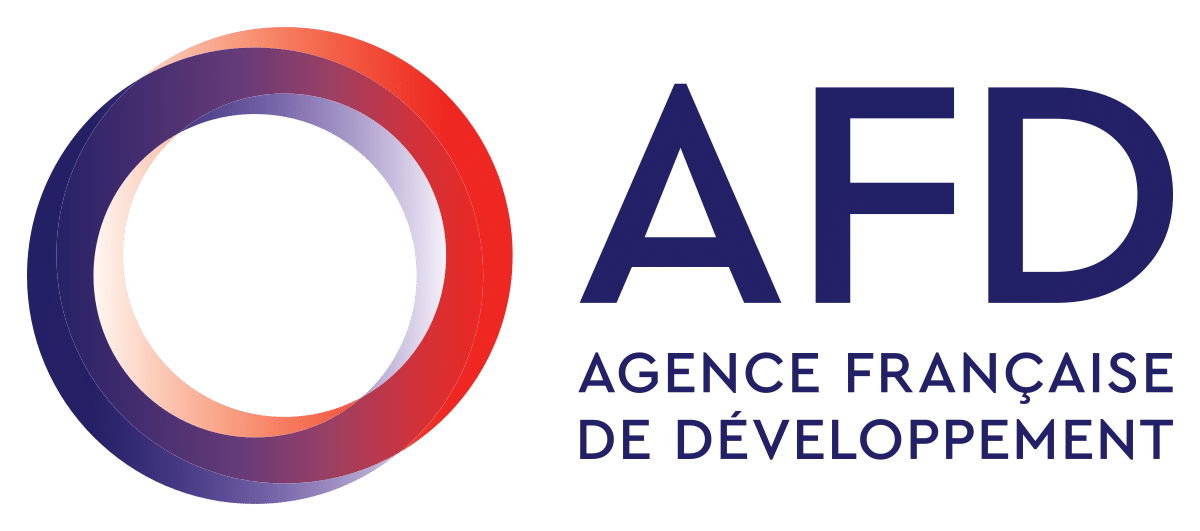
WOULD YOU LIKE TO TAKE ACTION
AND SUPPORT WHAT WE DO?
Tell us who you are and find your means of action.
CITIZENS
Because Climate Solidarity is a challenge we face collectively, Geres gives you the possibility to make a difference.
PRIVATE SECTOR
As a business executive, an employee or a customer, you have the power to take action in your everyday life.
LOCAL AND INSTITUTIONAL ACTORS
Support our actions in France and internationally and become an agent of change at our side.
FOUNDATIONS
By supporting Geres, you contribute to the implementation of innovative and concrete actions.

